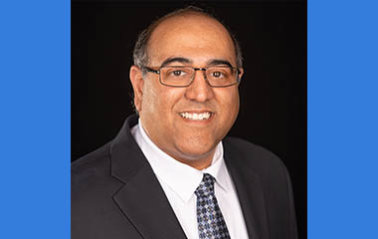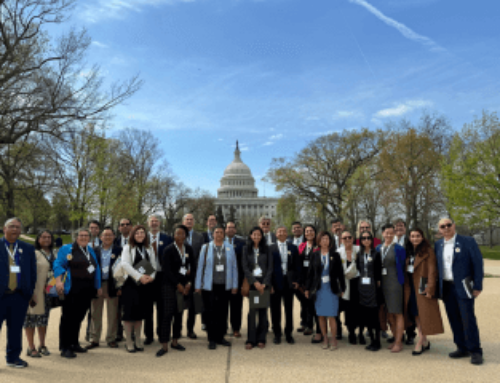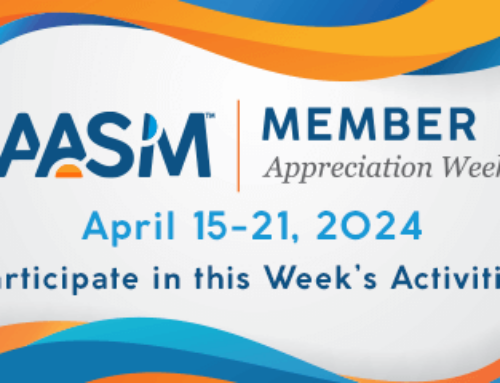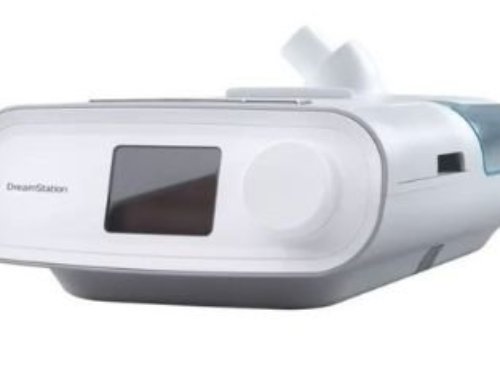The June 14 announcement by Philips of its voluntary positive airway pressure (PAP) device recall has been a significant challenge for our members and the patients that we take care of, especially since we have been grappling for more than a year with the practice management difficulties caused by the COVID-19 pandemic. Once again, our resilience is being tested.
I personally feel the weight of this ongoing challenge as I painstakingly respond to dozens of my patients concerns daily as we discuss what is best for each of them. I’ve heard similar stories from many of you who are equally frustrated and overwhelmed by the difficulty of this situation. The recall has forced us to make difficult treatment decisions for our patients, and we, as clinicians, and our patients have received only limited information to guide the shared decision-making process. I share your frustration. You deserve better. Our patients deserve better.
Member Advocacy
This week the AASM sent to Philips a letter co-signed by leaders of the American Academy of Neurology (AAN), American College of Chest Physicians (CHEST), and American Thoracic Society (ATS), requesting more information about what triggered the recall. The supplemental information recently posted by Philips provided some helpful details about the concerns related to foam degradation and chemical emissions. However, we need additional information so that we can provide a more complete picture of the risk to our patients. We also requested more details about device production and availability. We hope that Philips will publicly disclose this information soon.
Despite the limited information currently available, our Public Safety Committee continues to develop tools to help you. On the AASM guidance webpage, you will find links to resources including a sample message to patients, consent and release form, and patient assessment algorithm. You also can submit questions to recall@aasm.org.
In uncertain times like these, it is important for us to be able to share information and learn from one another. AASM Engage, our new online community, includes a Members Forum, where you can ask questions and share your experience. I encourage you to join the conversation today.
Patient Advocacy
The recall also has been frustrating for patients financially, many of whom are uncertain about how it will impact their health insurance coverage. The AASM and several medical societies and patient advocacy organizations submitted a letter on June 22 to the durable medical equipment (DME) Medicare administrative contractors (MACs) requesting support from the Centers for Medicare & Medicaid Services (CMS) for patients affected by the recall. We also sent a similar letter to more than 200 private payer contacts. On June 28, the DME MACs posted several frequently asked questions for DME suppliers. One response clarifies that during the COVID-19 public health emergency, which likely will remain in place for the entirety of 2021, CMS has instructed the DME MACs to not enforce clinical indications of coverage (e.g., 90-day adherence metric) for the types of respiratory devices involved in the voluntary recall. The AASM also has received responses from several private payers that are relaxing certain requirements for patients affected by the recall.
It has been refreshing to collaborate with our fellow medical societies and patient advocacy groups as we share the same mission of making sure patients receive the most effective and safest option for treatment of sleep apnea. The AASM will continue to advocate for you and your patients as we navigate this challenging recall together.
Sincerely,
Raman Malhotra, MD, FAASM
President
rmalhotra@aasm.org









